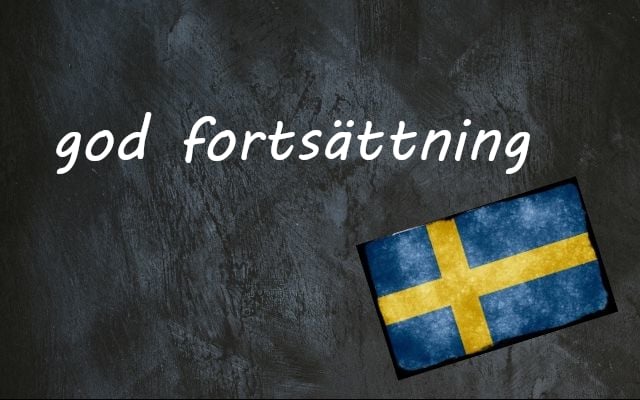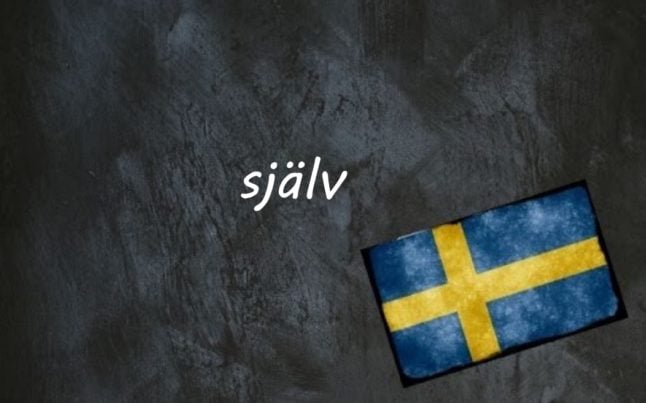You may already know the Swedish holiday greetings god jul! (Merry Christmas!) and gott nytt år! (Happy New Year!), but there’s a third seasonal saying that comes in particularly handy during the mellandagar and in the first week of January.
God fortsättning literally means “Happy continuation”. Used between Boxing Day and December 31st, it means “have a good rest of the holiday season!”, which is a bit of a mouthful in English, and from January 1st onwards it is used to mean “have a good rest of the year!”.
On December 30th and 31st, you can also use gott slut! (Happy end of the year!)
Whereas English speakers tend to say “Happy new year” to friends they see in the first days of January, if it’s their first meeting since before New Year’s Eve, Swedish gott nytt år is usually used only until immediately after the clock strikes midnight on January 31st, so god fortsättning is the more common early January greeting.
It’s a useful little phrase, but how long can you keep saying it before it sounds a bit strange? This is a question that confuses even native Swedish speakers.
In general, you’re safe wishing friends a god fortsättning at least up until Epiphany (January 6th), and can probably carry on using it until the 20th day of Swedish Christmas, tjugondag knut, on January 13th, when the seasonal decorations are generally taken down. After that, it’s time to revert to the usual greetings such as trevlig helg (have a good weekend), god morgon/god kväll (good morning/good evening).
Examples
God fortsättning på det nya året
Happy continuation of the new year (a longer form of the greeting)
God fortsättning till dig och din familj
Happy rest of the year to you and your family
Villa, Volvo, Vovve: The Local’s Word Guide to Swedish Life, written by The Local’s journalists, is available to order. Head to lysforlag.com/vvv to read more about it – or join The Local as a member and get your copy for free.
It is also possible to buy your copy from Amazon US, Amazon UK, Bokus or Adlibris.



 Please whitelist us to continue reading.
Please whitelist us to continue reading.
Member comments